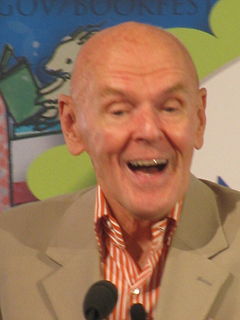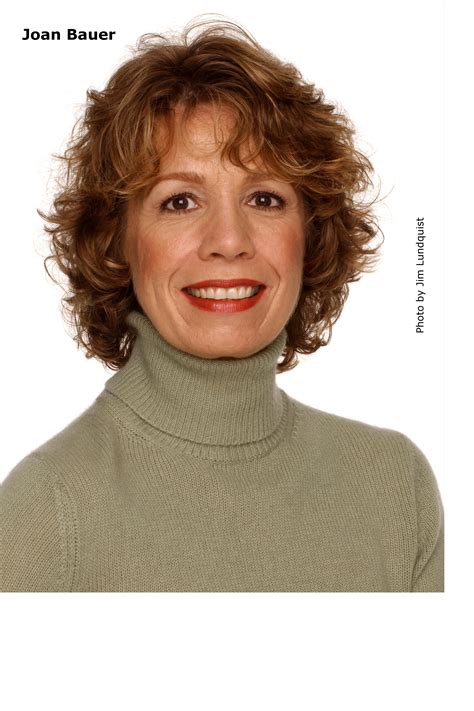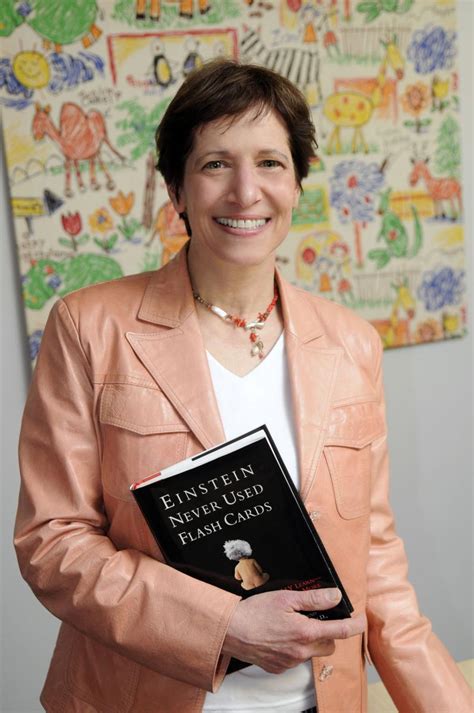A Quote by Randi Weingarten
We know that reading to children is a crucial step. From the beginning, babies who are read to are exposed to the cadence of language, and school-age children who read at home for 15 minutes a day are exposed to millions of words.
Related Quotes
Read to your children Twenty minutes a day; You have the time, And so do they. Read while the laundry is in the machine; Read while the dinner cooks; Tuck a child in the crook of your arm And reach for the library books. Hide the remote, Let the computer games cool, For one day your children will be off to school; Remedial? Gifted? You have the choice; Let them hear their first tales In the sound of your voice. Read in the morning; Read over noon; Read by the light of Goodnight Moon. Turn the pages together, Sitting close as you'll fit, Till a small voice beside you says, "Hey, don't quit.
All the children in the world, when they go to school, have the right to study in their mother tongue. But we go to school and run into literary Arabic as children. It sounds like a foreign language. The words for "house" or "table" or "lamp" are not the same as the words we use at home, and most of the other words are alien to children at school. Classical Arabic is one of the prisons of the Arab world.
Our children are exposed to 10, 20, 30 times the number of words that our great-grandfathers were exposed to. We're exposed in a single day or two to more horror on our Internet Web pages than our great-grandfathers were exposed to in decades of living. We have not created modern minds for that modern world. Science and technology has just dumped it on us. And I think people yearn for it. I think you see it in what's popular. Why are people wanting to learn about meditation and talking about a purpose-driven life? It's because they know more is needed in the modern world.
Attention spans are changing. It's very noticeable. I am very aware that the kind of books I read in my childhood kids now won't be able to read. I was reading Kipling and PG Wodehouse and Shakespeare at the age of 11. The kind of description and detail I read I would not put in my books. I don't know how much you can fight that because you want children to read. So I pack in excitement and plot and illustrations and have a cliffhanger every chapter. Charles Dickens was doing cliffhangers way back when. But even with all the excitement you have to make children care about the characters.
The founding American generations did something that almost no others have ever done. They read the fine print! They taught their children to read bills, laws, court cases, legislative debates, executive decrees, and bureaucratic policies. They read them in schoolrooms and at home....They said they would consider their children uneducated if they didn't read such things.
We read to learn and to grow, to laugh, to be motivated, and to understand things we've never been exposed to. We read for strength to help us when we feel broken, discouraged or afraid. We read to find hope. We read because we're not just made up of skin and bones, and a deep need for chocolate, but we're also made up of words, words which describe our thoughts and what's hidden in our hearts.
Kids not only need to read a lot but they need lots of books they can read right at their fingertips.They also need access to books that entice them, attract them to reading. Schools...can make it easy and unrisky for children to take books home for the evening or weekend by worrying less about losing books to children and more about losing children to illiteracy.





































